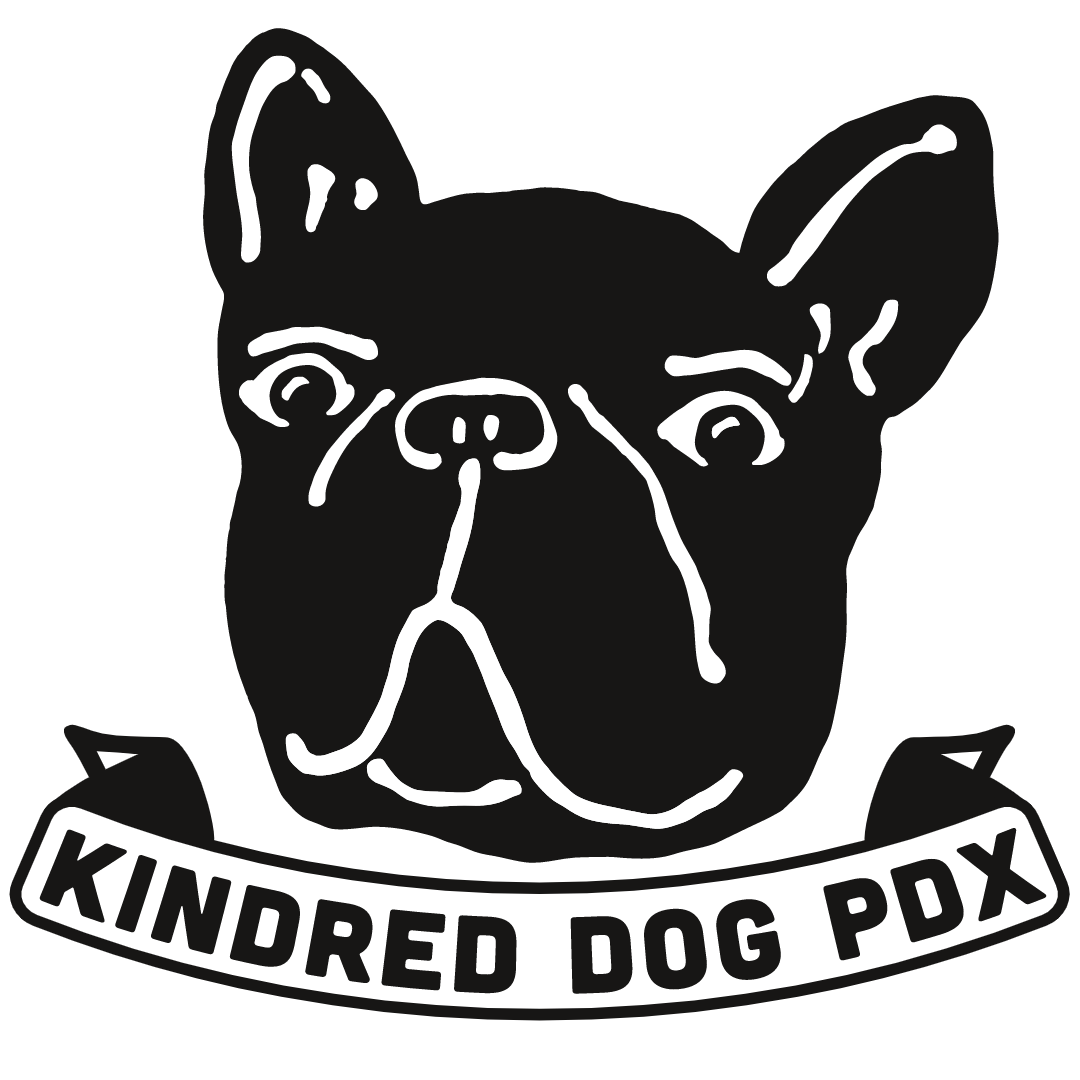All about Puppy Training
So you got a new puppy and now what? If this is your first dog or perhaps the first dog on your own you may have some questions. Getting a puppy can be very rewarding but also very challenging. Doing things early can save you money and headaches. This blog will look into some of these common questions, What do we do? how do we do it? When do I start training? How old should my dog be before starting training?
What is Puppy Training?
In essence, training your puppy does not look much different from training an adult dog. I think the age of your dog is going to determine what you teach them and how you teach it.
As I mentioned above, the age of your puppy is going to determine what you are going to teach them.
Most of the time a dog enters our home at 10 weeks old. At this age, things are going to be really relaxed. The top thing to teach your puppy is how to go in the crate and sleep in there overnight. After that, there can be loose food work, playing, leash acclimation, handling exercises, and potty training and creating an overall environment where your puppy feels comfortable.
Let’s not confuse comfort with having an ultimate free run in the house. Ultimate free run of the house is a sure-fire way for things to go south. Using the bathroom in the house, chewing things up, barking out the window, resource guarding, seemingly unlimited amounts of energy. Instead, create comfort through the structure.
Structure creates predictability and predictability makes things known and familiar. Socializing is important too. However, socialization is not just about getting your puppy playing with tons of dogs and saying hi to all the people. There can be some of that to help your puppy become social but then there is a point where you need to stop and compartmentalize those interactions.
Sometimes it can be playtime and then other times it would be beneficial to teach your puppy how to ignore those things in certain contexts. If your puppy develops the expectation that every time they see a dog it is playtime, you could start seeing leash reactivity. The same goes for people too. If they develop expectations of people equal pets, they can become frustrated when they can’t interact with the person. When our dogs are unable to do what they expect to do we will see unsavory behaviors pop up. It’s not a matter of if but when it will show up.
WHAT AGE CAN YOU START PUPPY TRAINING?
Training your puppy starts when they come into the house. It is important to remember that you are now a dog trainer to your puppy. All your interactions are going to matter. Often times folks are looking at training as a specific time of day or as an event of sorts. Training happens all day. When your dog is out and moving around they are in training.
They are learning things about the environment, about you, about what gets them the things they want. It is important to remember that your dogs’ behavior isn’t necessarily good or bad. Depending on the context certain behaviors can come across as problematic. This is why being very deliberate in your interactions is important. Good or bad our dogs are learning. At this stage, you can teach your dog the behaviors you want to see before the not-so-good ones pop up. Training your puppy is all about being proactive rather than reactive.
Why it is Important to develop a trusting relationship with your puppy at a young age?
It is important to develop a trusting and respectful relationship early on because your puppy won’t stay small. Eventually, your puppy will be a dog and those cute puppy behaviors likely won’t be so cute when they are full grown. Building your relationship can also mitigate and prevent unwanted behaviors from popping up. Likewise, when your puppy values you over all the things that are going on around them, teaching them what you want them to do comes much easier.
Puppy Training Benefits
The benefits of training your puppy will result in a lifelong bond and a companion that doesn't stress you out. Training your puppy gives them and you something to do and teaches your puppy how to exist in our human world. Training your puppy is way cheaper than trying to remedy behaviors later on. Starting out now can save you a ton of money on board and trains where your dog may need a reset.
Conclusion
In conclusion, getting started on your training when your dog is young will set you and your dog on the path to having a great time together. Now, don’t get me wrong, even with problem behaviors our dogs are easy to love. It’s just so much nicer when they aren’t destroying things or making our lives small because of problem behaviors.

